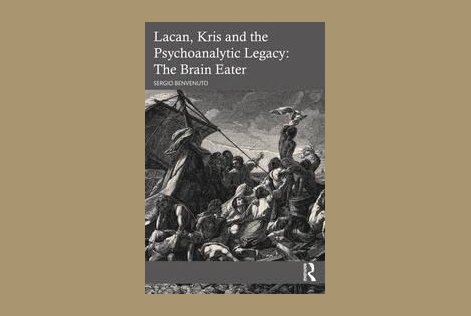
Traces of Writing—Nora Sigal
In this book, the author explores how literature has contributed to the theory of psychoanalysis. The function of writing, the literary text, the inscription, and the letter are part of this book’s interrogation, proposing the act of writing as a way to delineate a border with truth.

Freud’s Two Forms of Chance — Guy Dana
Freud put forward two different views of chance: “I believe in external (real) chance, but not in internal (psychic) chance. This is the opposite of superstitious.” Freud’s formula, which neatly divides a chance that exists and another that doesn’t, brings about the confrontation between the fundamental rule and unconscious causality, which implicitly offers us a valuable key to analytic technique and the articulation of the analytic act.

Lacan, Kris and the Psychoanalytic Legacy: The Brain Eater — Sergio Benvenuto
The case of “Professor Brain” was written about by three important psychoanalysts, in three different languages: in German in 1934 by his first analyst, Melitta Schmideberg; in English in 1948 by his second analyst, Ernst Kris; and in French by Jacques Lacan, who referred to it several times, starting in 1954, in his Seminars and his Écrits. “Professor Brain” was convinced he was forced to plagiarize the ideas of others, and for this reason was unable to publish his own research.
Dates to be announced
Psychoanalysis in the Institution — Ona Nierenberg
This clinical group will be oriented to the unique challenges and opportunities we encounter in hospitals, clinics, prisons, treatment programs, schools, and other institutions. We will explore the often surprising possibilities the analyst has to create and sustain space for the singular even in settings dominated by claims to the universal. Open to those currently working clinically in or with institutions.

